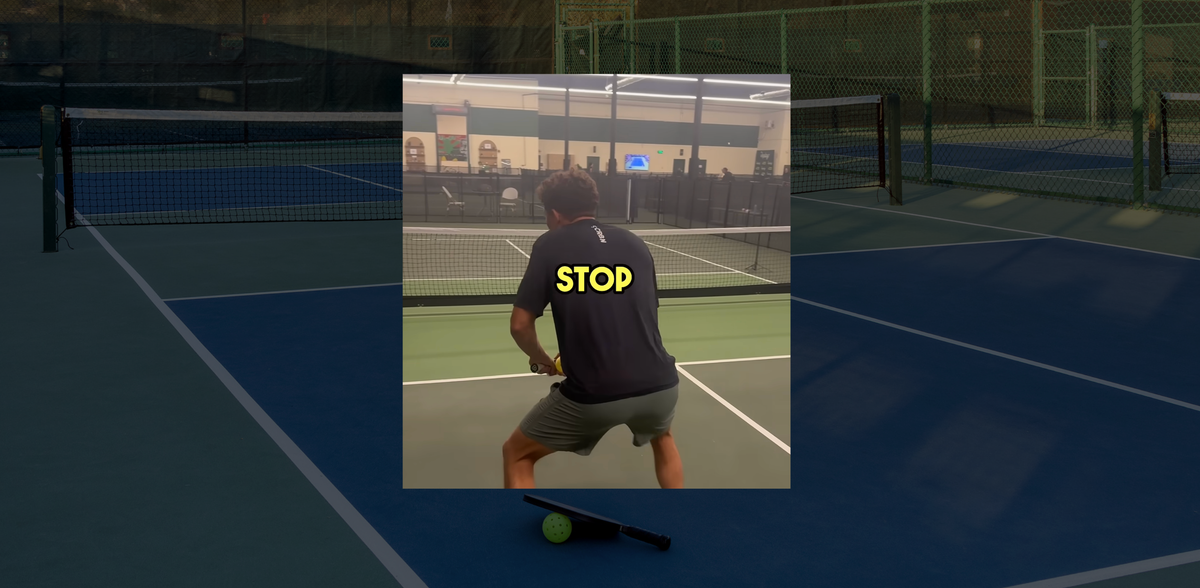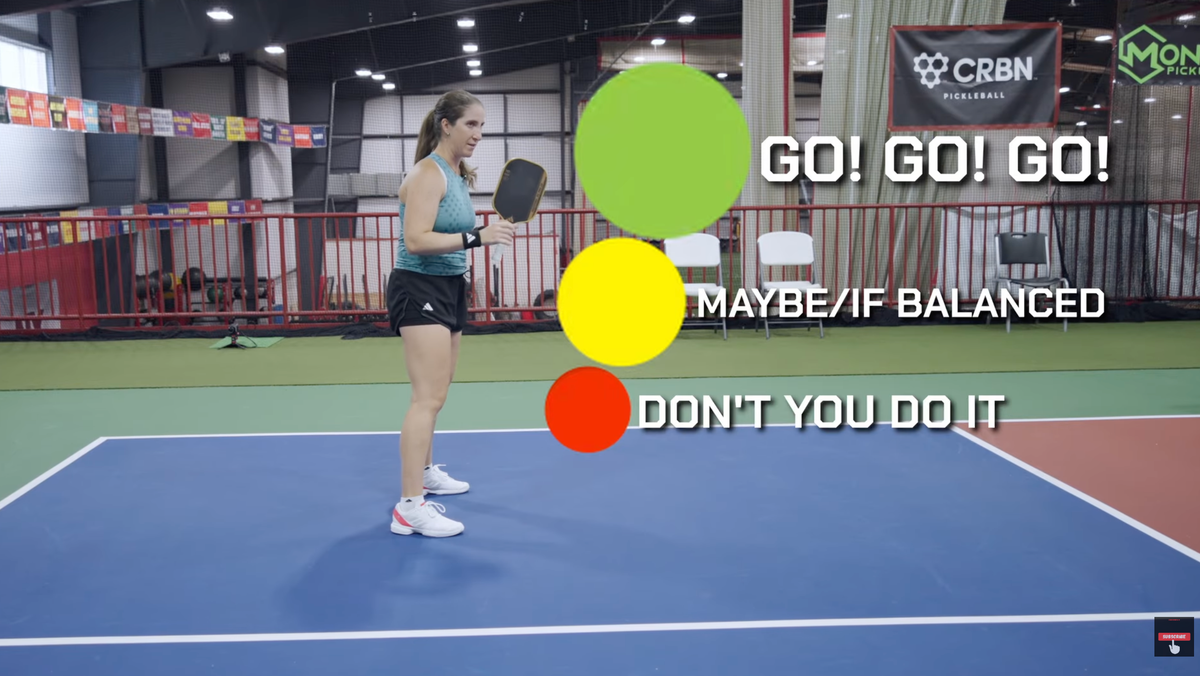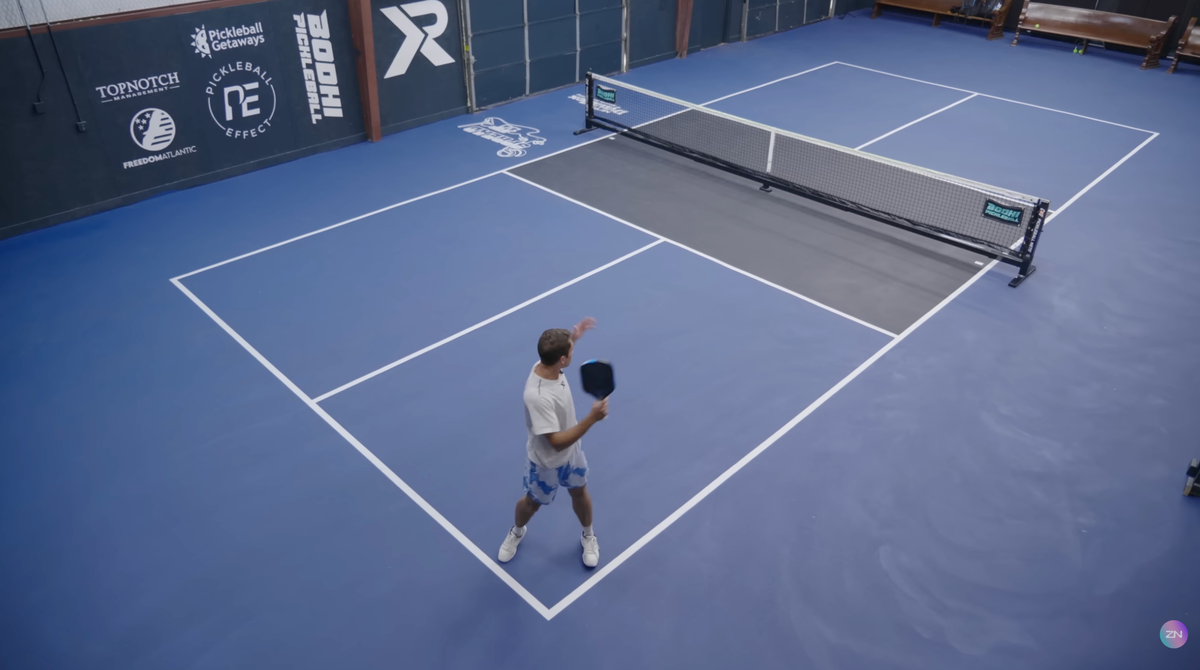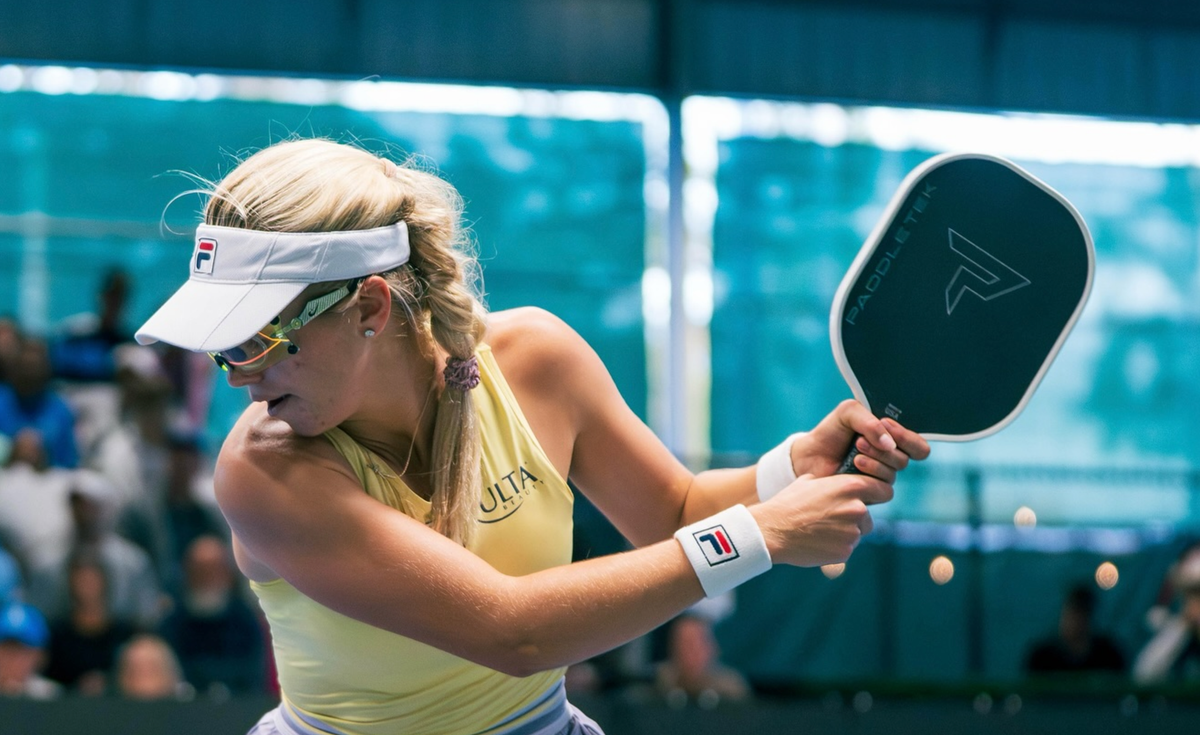If you needed another reason to lace up your shoes and hit the pickleball courts, science just handed you a pretty compelling one. According to a recent report by Yahoo Life, a new study shows that pickleball players experience depression at a rate 60% lower than the general population.
Beyond cardio and competition, it seems that the social and psychological perks of pickleball are just as powerful as the physical benefits. Let’s break down the key takeaways, why it matters, and what it means for pickleball’s growing role in health and wellness culture.
The report in focus was derived from both a survey issued to Apple Watch users, and the user data collected by Apple.
- The study surveyed 18,000 adult recreational athletes and found that pickleball players had a 60% lower rate of depression than non-players.
- The combination of physical activity, social engagement, and a sense of play appears to be uniquely powerful for mental health.
- Frequent participation amplified the benefit — the more often people played, the stronger the positive mental health effects.
- Dr. Adam Perlman, Chief Wellness Officer at HSS, said, “Sports like pickleball are particularly powerful because they combine movement, social interaction, and a sense of play.”
- Activities that provide built-in community and frequent social touches seem to offer outsized benefits in combating loneliness and depression.
The Relationship Between Pickleball and Mental Health
From The Dink Pickleball:
We’ve covered similar ground before, like in our previous article "Pickleball is a Mental Health Win". This new mental health research fits perfectly into that framework — it's not just physical health pickleball enhances, but emotional resilience too.
Supporting Data:
- A 2023 meta-analysis published in Frontiers in Psychology found that social sports reduce symptoms of depression by up to 34% compared to solitary workouts.
- The U.S. Surgeon General issued an advisory in 2023 naming “social connection” as a public health priority, citing loneliness as being as dangerous to health as smoking 15 cigarettes a day.
(Source: U.S. Surgeon General Report)
Given that pickleball naturally builds community — from casual drop-in sessions to structured leagues — it's no wonder it’s emerging as a therapeutic tool for mental health.
| Regular Physical Activity | Reduces depression by releasing endorphins |
| Frequent Social Interaction | Buffers against loneliness and isolation |
| Playfulness & Fun | Elevates mood and reduces cortisol levels |
| Built-in Community | Increases sense of belonging and purpose |
| Higher Participation Frequency | Greater cumulative mental health benefit |
Pickleball isn't just the fastest-growing sport in America — it might just be one of its most powerful tools for fighting depression. With its magical blend of movement, connection, and low-stress fun, pickleball is proving to be much more than just a pastime. It’s a lifestyle, a therapy, and possibly, a prescription for a healthier, happier life.
Next time you step onto the court, know that you’re not just chasing points — you’re investing in your mental health.
Anuncie Aqui / Advertise Here
Sua marca para o mundo Pickleball! / Your brand for the Pickleball world!

 English
English  Spanish
Spanish  Portuguese
Portuguese  German
German  Italian
Italian  Japanese
Japanese  French
French  Polish
Polish  Russian
Russian  Netherlands
Netherlands  Hungarian
Hungarian  Turkish
Turkish  Videos
Videos 








 English (US) ·
English (US) ·  Portuguese (BR) ·
Portuguese (BR) ·